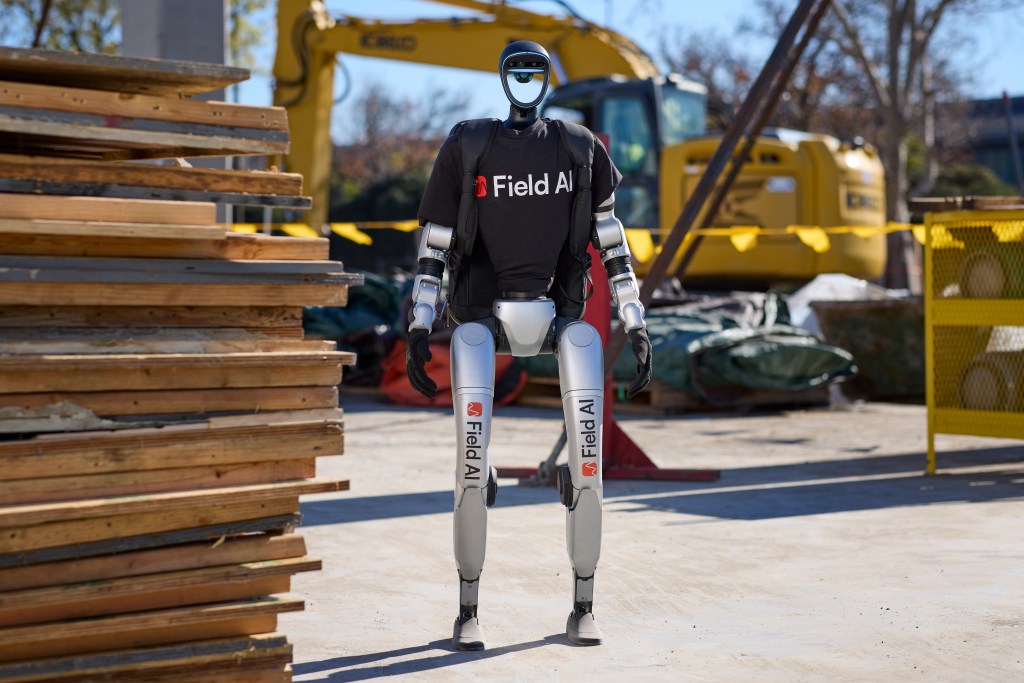FieldAI, an Irvine, California-based startup, has announced a significant funding achievement, raising $405 million across multiple previously undisclosed rounds. This substantial investment is aimed at advancing the development of foundational embodied AI models, essentially creating versatile robotic brains capable of enabling various robots—from humanoids to quadrupeds and autonomous vehicles—to adapt seamlessly to diverse environments.
The most recent funding round, completed in August, brought in $314 million and was co-led by prominent investors including Bezos Expeditions, Prysm, and Temasek. Other notable backers encompass Khosla Ventures, Intel Capital, and Canaan Partners, underscoring the broad interest and confidence in FieldAI’s innovative approach.
Embodied AI represents a paradigm shift from traditional AI, which primarily processes text or images. Instead, embodied AI focuses on controlling physical robots as they navigate and interact with real-world settings. FieldAI’s Field Foundation Models are designed as general-purpose embodied AI systems grounded in physics. This foundational approach equips robots with the capability to rapidly learn and adapt to new environments while maintaining a keen awareness of potential risks.
Ali Agha, founder and CEO of FieldAI, elaborated on the company’s mission: The goal is to develop a singular robotic intelligence that can generalize across various robot types and a wide array of environments. Achieving this necessitates managing risk and ensuring safety as robots encounter new scenarios. Traditional models were not designed with this level of risk management in mind.
Agha emphasized that integrating a physics-based layer into AI models is crucial for enabling robots to make informed decisions, especially when faced with unfamiliar environments. This integration provides robots with an additional set of data to inform their actions, moving beyond the reactive nature of traditional large language models (LLMs).
He further noted that while minor inaccuracies or hallucinations in AI outputs might be acceptable in certain contexts, they can pose significant dangers for robots operating in hazardous environments or in close proximity to humans.
By incorporating an understanding of their own knowledge and confidence levels, robots can make safer decisions, Agha explained. This approach allows the system to not only suggest actions but also to communicate the confidence level of those actions, enabling users to define acceptable risk thresholds to which the robot can adapt.
FieldAI’s innovative approach positions it at the forefront of the robotics industry, addressing longstanding challenges related to adaptability and safety in robotic systems. By focusing on universal robotic intelligence, FieldAI aims to revolutionize how robots interact with and adapt to the complexities of the real world.



